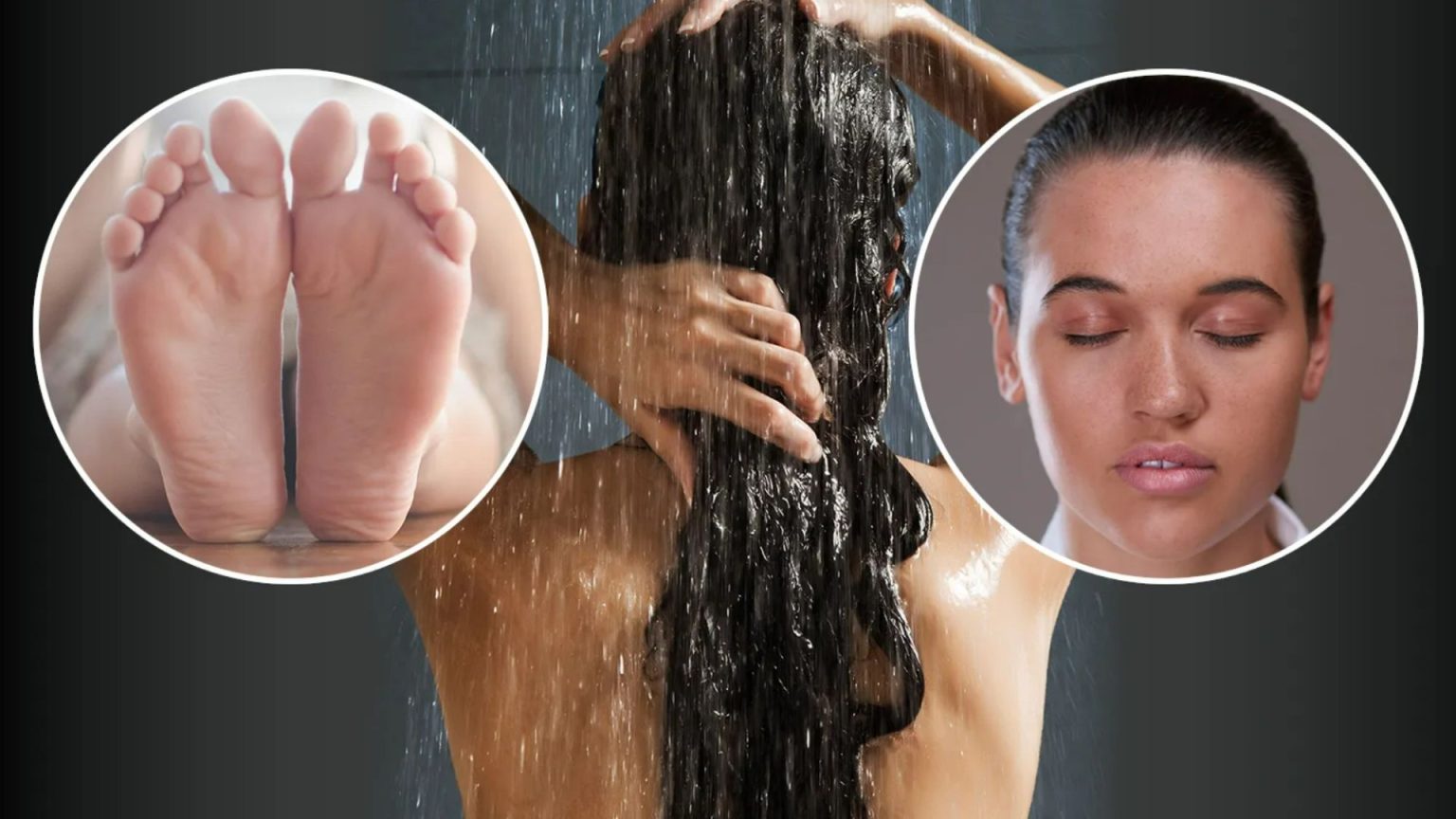A hot shower can offer a comforting escape from the chill of winter, providing benefits like muscle relaxation, stress reduction, and improved circulation. However, the primary purpose of showering – cleansing – should not be overshadowed by the allure of warmth. While the soothing sensation of hot water can be tempting, it’s crucial to prioritize thorough cleansing of all body parts, particularly those often overlooked during the colder months. Neglecting proper hygiene can lead to a range of health issues, including fungal infections and skin irritations.
During winter, feet are often confined in closed shoes and thick socks, creating a humid environment that promotes the growth of fungi. The resulting trapped sweat can quickly lead to conditions like athlete’s foot if proper hygiene is not maintained. Regular washing and thorough drying of the feet are simple yet effective measures to prevent such infections and the discomfort they bring. Similarly, the face requires special attention during winter due to the contrasting environmental conditions. Cold outdoor air coupled with dry indoor heating can strip the skin of its natural oils, making it prone to irritation, redness, and flaking. A gentle cleanser and moisturizer are essential to combat these effects and prevent flare-ups of existing skin conditions like eczema.
While handwashing is generally emphasized year-round, its importance is amplified during the colder months. Increased time spent indoors and the prevalence of colds and flu facilitate the spread of germs, making frequent handwashing crucial for preventing illness. However, while warm showers are comforting, excessively hot water can be detrimental to skin health. Hot water strips the skin of its natural oils, leading to dryness and irritation. Limiting shower time and using lukewarm water are recommended to preserve the skin’s natural moisture barrier.
Immediately following a shower, while the skin is still damp, applying moisturizer helps lock in hydration and prevent dryness and flaking. This is particularly important during winter, as dry skin can crack and become more susceptible to irritation. Gentle exfoliation is also beneficial for removing dead skin cells and promoting smooth, healthy skin. Neglecting exfoliation can result in dullness and uneven skin texture. Thus, maintaining a balanced approach to showering – prioritizing cleansing while protecting skin health – is essential for overall well-being during winter.
Fungal skin infections manifest differently depending on the type of fungus and its location. Changes in skin appearance, hair, or nails may be observed, with symptoms ranging from redness, discoloration, and scaling to itching, soreness, and pus-filled spots. Fungal nail infections can cause discoloration and discomfort, affecting mobility. Scalp infections can lead to brittle hair and bald patches, though hair typically regrows after treatment. Over-the-counter remedies are often sufficient for treating fungal infections. However, medical consultation is recommended for widespread infections, severe symptoms, scalp infections, uncertain diagnoses, or individuals with weakened immune systems.
Maintaining proper hygiene, particularly during the winter months, requires attention to often-overlooked areas like the feet and face. While the warmth of a hot shower can be alluring, it’s important to prioritize thorough cleansing and protect the skin from the drying effects of hot water. By adopting a balanced approach to showering, using appropriate skincare products, and seeking medical advice when necessary, individuals can maintain healthy skin and prevent infections throughout the winter season. Regular washing and drying of the feet can prevent fungal infections, while gentle cleansing and moisturizing are essential for protecting facial skin from the harsh winter elements. Lukewarm water, limited shower time, and immediate moisturization are key to maintaining healthy skin throughout the colder months.




